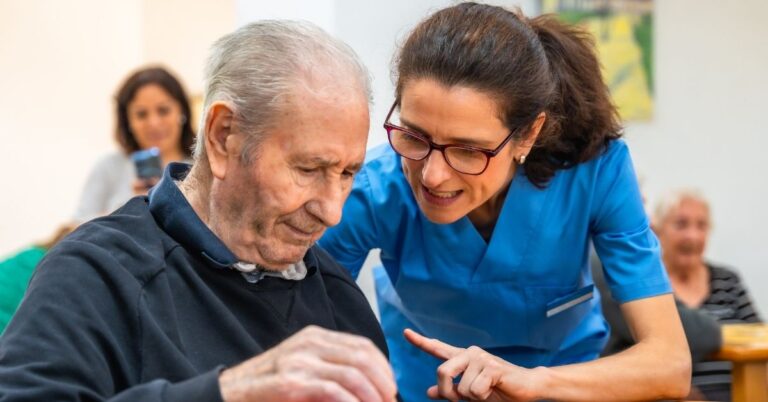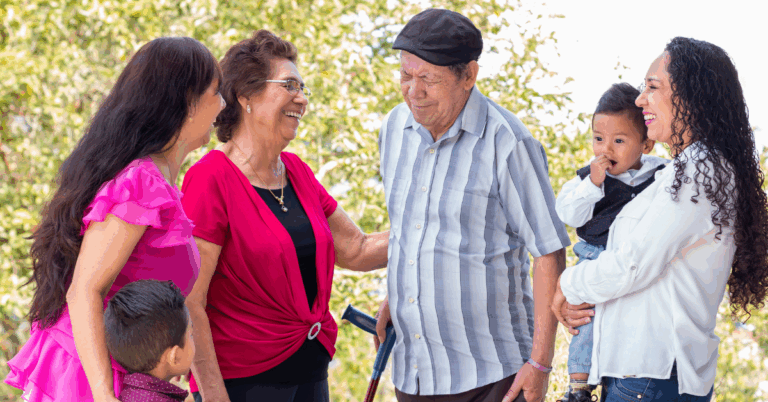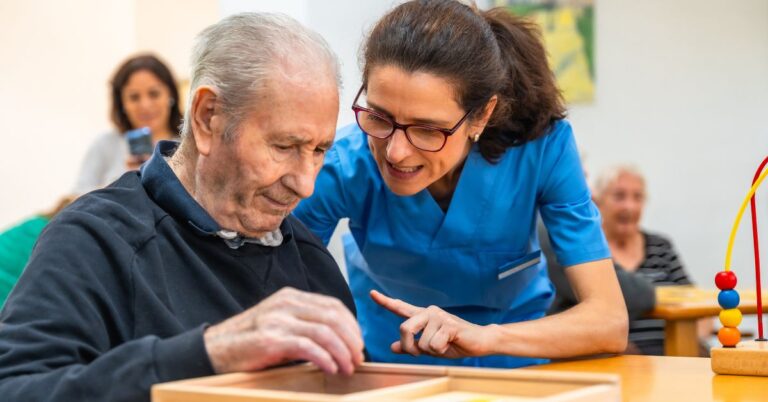Monday to Saturday - 8:00 -17:30

Assisted Living: Stress-Relief for Peaceful Living
Moving to assisted living in Kimball Township, MI represents a major life decision that many older adults approach with…
Monday to Saturday - 8:00 -17:30

Moving to assisted living in Kimball Township, MI represents a major life decision that many older adults approach with…

Most families find themselves searching for exceptional memory care in Richmond, MI, during their most vulnerable moments. The moment…

Staff Training Makes All the Difference in Memory Care Choosing a memory care facility in Lake Orion, MI, for…

Family bonds create the emotional foundation that keeps seniors feeling secure and supported throughout every chapter of life. Your…

Caring for aging loved ones brings rewarding moments and genuine concerns about their health and well-being. Recognizing these health…

The task of caring for a loved one with memory impairment can feel overwhelming. You might wonder if memory…

Peace during your senior years doesn’t require complicated routines or extensive training. You might already know this feeling—those quiet…

Families facing senior care decisions often feel overwhelmed when comparing different options, particularly when considering assisted living for memory…

Families looking for memory care in Richmond, MI often focus on medical expertise—and rightfully so. But there’s another element…

Bringing up assisted living in Armada, MI, with your aging parents feels like walking through an emotional minefield. You…

Having a parent or loved one who struggles with mental health challenges can feel overwhelming. You’re not alone in…